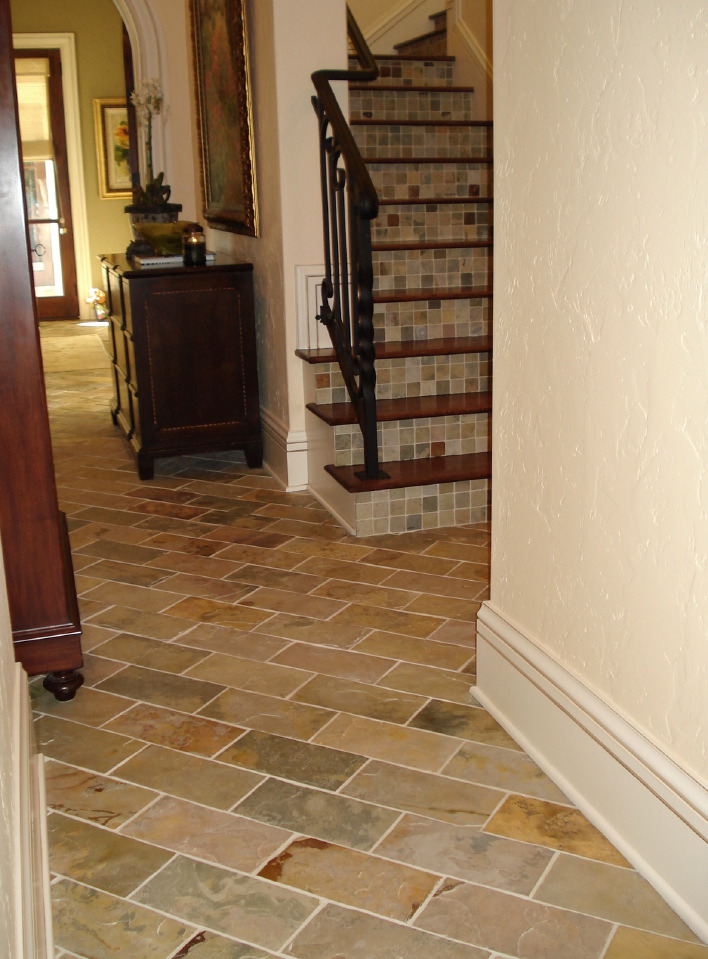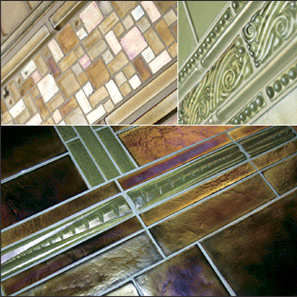Tile floo ring is one of the most popular options throughout the home. But today, there are so many tile flooring options that it can be difficult to know which is right: do you want decorative glass tile or industrial stone? What about glass or any of the other options? If you’ve ever been confused about which type of tile flooring is best, then this post is for you! Here are 5 tips for choosing the best option for any job.
ring is one of the most popular options throughout the home. But today, there are so many tile flooring options that it can be difficult to know which is right: do you want decorative glass tile or industrial stone? What about glass or any of the other options? If you’ve ever been confused about which type of tile flooring is best, then this post is for you! Here are 5 tips for choosing the best option for any job.
.
.
1. Determine exactly where the tile will be used
Tiles used for a kitchen floor may be very different than those used in a warehouse or garage. A different level of durability will be required for the different places that tile can be used. For example, tile flooring in an industrial or outdoor setting should be suited to weather/temperature changes and heavy wear.
.
2. Determine the intended floor use
Is this tile flooring mostly for looks or function? Most often, the desired result will be a balance of both, but with a slight tip in one direction or the other. Tile flooring that is intended to be mostly functional should be made of things like natural stone or even hardwood. That which is slightly more for look should be made of ceramic or even porcelain and/or polished stone.
.
3. Determine the “sturdiness” of the tile
Delicate glass tiles will most likely be used for projects like shower walls and backsplashes. You wouldn’t want to use a “delicate” tile type for the floor. While some glass tile types are manufactured for heavier use, most often you will find a better option in stone, wood, and others. On top of this, the glaze on some of these tiles should be set at a temperature high enough to create a strength that can withstand heat, cold, and normal wear.
.
 4. Understand the “green” options
4. Understand the “green” options
Today there is more demand than ever for greener options in the home. This includes everything from lower water usage to efficient appliances to the flooring you use. For this reason, materials like bamboo, natural stone, and recycled products are very popular. Terracotta tiles, for example, are usually handcrafted natural options which lower their production impact on the environment.
On the other hand, price might be more important to the particular project at hand. If this is the case, natural or green options are sometimes out of range. With the rise in demand, however, this is not always the case , so be sure to look at all options.
.
5. Go with a high reputation
Last but not least, work with a tile manufacturer/retailer that has a high reputation for providing quality advice as well as products. Buying from a faceless retailer on the Internet will often end in tears or frustration. What if you get the wrong material or accidentally order the wrong size? What if you placed the right order, but were shipped the wrong thing? Or what if the quality of product you receive is below par and the tiles start breaking just months after installation? To ensure that you avoid all of these headaches, only deal with a tile company that you can trust!

